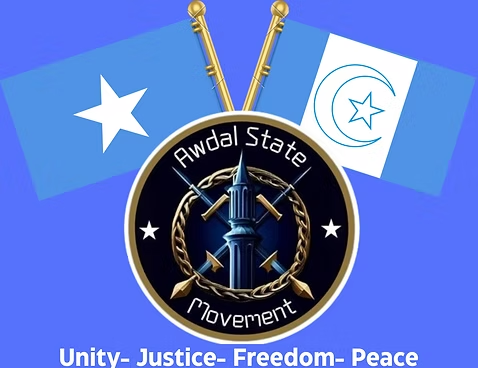In the complex of Somali history, the events of 1960 stand as a significant milestone, marking the unification of British Somaliland and Italian Somaliland into what we know today as Somalia. The signing of independence involved key figures representing the 3 major Somali tribes: the Gadaboursi, Harti, Isaaq. These historical foundations raise critical questions about the current leadership under President Hassan Sheikh and the influence of foreign powers, particularly Ismael Omar Guelleh of Djibouti.The delegations that signed the independence included notable representatives such as Mohamed Haji Ibtahim Egal, Ahmed Haji Duale, Haji Ibrahim Nour, and Ali Garad Jama on the Somali side, while the British Colonial Office was represented by Ian Macleod, D.B. Hall, and H.C. Wilks. This historical context emphasizes the importance of tribal representation and respect for the diverse ethnic composition of Somalia.
Fast forward to today, the situation appears to have drastically changed. Many citizens feel that the federal government, led by Hassan Sheikh, is not only failing to honor its historical responsibilities but is also engaging in actions that seem to undermine the very essence of Somali unity. There are claims that the current administration is giving undue influence to Ismael Omar Guelleh, allowing him to dictate terms that favor foreign interests over the needs of the Somali people, particularly the majority tribes in the Northwest regions.One pressing concern is the apparent disregard for the Gadaboursi, who constitute the second-largest ethnic group in these regions. Despite their significant demographic presence, they find themselves marginalised within the federal parliamentary system.
It raises a critical question: how is it that a minority tribe (Issa) can secure eight parliamentary seats while a major ethnic group is sidelined? This discrepancy not only seems unjust but also raises alarms about the integrity and intentions of the current government.Moreover, the allocation of parliamentary seats that favor foreign interests, particularly in the context of Guelleh’s influence, is a betrayal to the Somali people. It is unconstitutional and treasonous for the government to prioritize foreign relationships over the rightful representation of its citizens.
The historical context of tribal representation should not be ignored; it is foundational to the social fabric of Somalia.The actions of President Hassan Sheikh’s administration must be scrutinized. Are they genuinely committed to the welfare of the Somali people, or are they succumbing to external pressures that compromise national integrity? The voices of the Gadaboursi and other marginalized groups, such as the Gabooye must be amplified, and the government must be held accountable for its actions. The allocation of parliamentary seats must reflect the reality on the ground, ensuring that majority groups receive representation that aligns with their demographic significance.
In conclusion, the legacy of Somalia’s independence should not be overshadowed by contemporary governance that disregards its historical roots. The current administration has a responsibility to rectify these injustices and ensure that all Somali people, regardless of their tribal affiliations, are treated with the respect and representation they deserve. Only then can the government hope to unite a nation that has long been divided. It is imperative that citizens demand accountability and advocate for a system that honours the rich history and diversity of Somalia.
By: Buraale Xiniin
